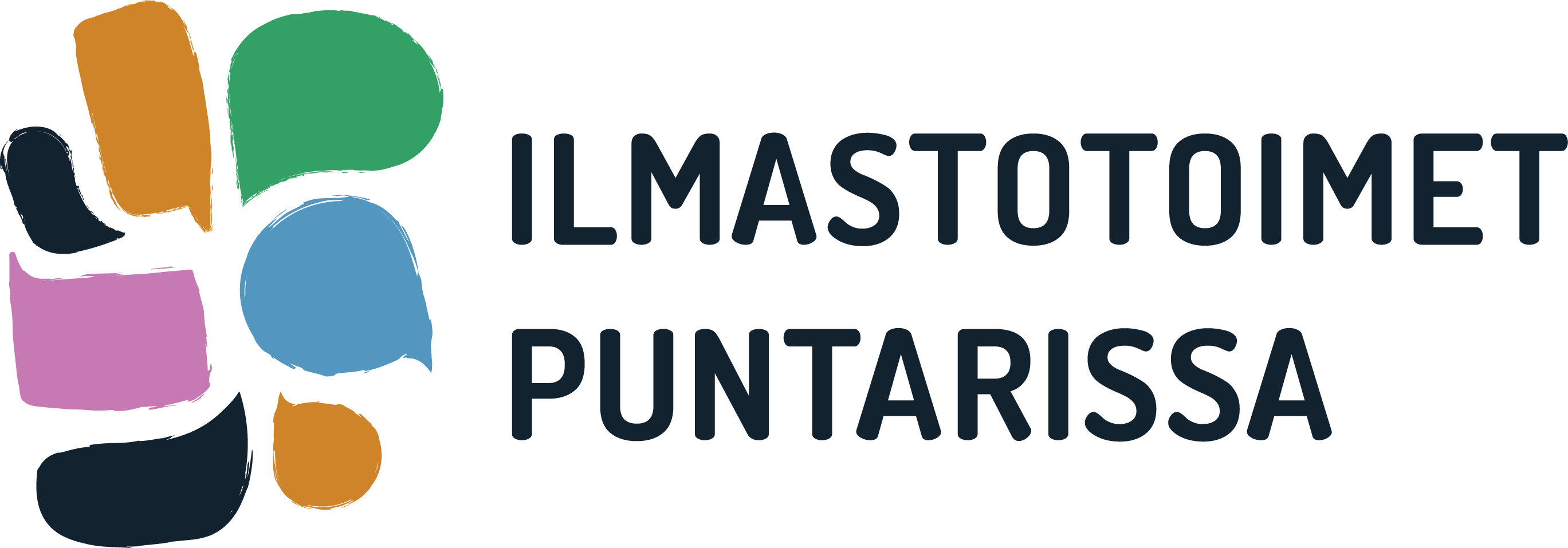Project
Facing system change together: Citizen deliberation in informed and just climate transitions (FACTOR)
FACTOR explores how citizen deliberation can facilitate just and informed climate transition. FACTOR analyzes various obstacles for an agreement regarding climate justice, including individual biases and misperceptions, and how deliberative processes can potentially counteract these obstacles. FACTOR organizes deliberative mini-publics in order to help citizens and policy makers make informed and balanced judgments regarding climate transitions. Deliberations are organized both at the regional and the national level. A Citizens’ Jury on carbon-neutral road traffic was organized in April 2022 in collaboration with the Helsinki-Uusimaa regional council. In November 2022 another Citizens’ Panel was organized in collaboration with the Regional Council of Lapland that focused on the use of Lapland’s forests. At the national level the project will develop the ways in which climate information is presented at the Climateguide.fi portal. FACTOR conducts surveys and interviews as well as field experiments to gauge the effects of deliberative citizen participation among policy makers and the public at large.
Project is funded by Academy of Finland (Special funding for system-level research into climate change mitigation and adaptation, 2020).
Work package 1: Identifying obstacles of just and informed climate transitions
Work package leader: Simo Kyllönen (simo.kyllonen [at] helsinki.fi)
Work package 1 analyzes the obstacles of climate transitions from a social justice perspective. The work packade investigates viewpoints that arise from the other work packages’ empirical work and evaluates the perspectives that people use to assess information related to climate change and the social justice of climate transitions. The work package also analyzes psychological strategies of moral disengagement in individual judgments and (mis)interpretations of climate information and climate measures. The aim of work packade 1 is to outline a set of benchmarks and balancing principles that can be used to assess the different justice perspectives of climate transitions.
Work Package 2: Deliberative mini-publics in regional climate transitions
Work package leader: Heli Saarikoski (heli.saarikoski [at] syke.fi)
Work package 2 will adjust the established design features of citizens’ juries to deal with just climate transitions specifically. The work package will develop methods for harnessing local knowledge for regionally feasible, socially just and acceptable plans for climate transitions. The research team will organize regional Citizens’ Juries that are tasked to assess and develop plans for regional transitions. The Juries will be held in different regions in southern, central as well as northern Finland and they will be organized in close cooperation with regional officials, such as Regional Councils. Finally, the work package will inspect whether and how Citizens’ Juries can create shared recommendations on effective and socially just regional transitions.
Work Package 3: Citizen deliberation in production and transmission of climate information and tracking of climate actions
Work package leader: Anna Luomaranta (anna.luomaranta [at] fmi.fi)
Work package 3 will organize a randomly selected, online Deliberative Citizen Panel to support the development of Climateguide.fi website. We will investigate a mini-public both as an instrument to evaluate technical and expert knowledge and as an institution to design effective frames for climate communication. A panel of 50 participants will convene online 4-5 times to generate knowledge about citizens’ demand for science-based climate information. The main task of the panel is to give feedback on the understandability, feasibility and effectivity of the contents of Climateguide.fi. The panel is also invited to feed in its own suggestions and proposals on how to develop the site. In addition, the panel will be asked to deliberate on justice aspects of a topical policy issue related to climate transitions.
Applying the input provided by the Deliberative Citizen Panel, work package 3 will also develop an ICT-based framework for information-sharing, tracking and evaluation of climate actions. The system will be published on Climateguide.fi. It will combine narrative descriptions and quantitative data on specific climate actions and the overall change in relevant areas.
Work Package 4: Public uptake and responses to mini-publics
Work package leader: Maija Setälä (maiset [at] utu.fi)
Work package 4 examines how information and arguments produced by mini-publics can be transmitted to the wider public. We conduct field experiments to examine whether information processed by a mini-public can help increase citizens’ factual knowledge and correct their misperceptions on climate issues, including their judgments of climate justice. Second, we study whether arguments provided by deliberative mini-publics help evoke a sense of fairness, social justice and climate responsibility among the general public. Field experiments will be connected to the nation-wide Deliberative Citizen Panel developing Climateguide.fi and to one of the regional Citizens’ Juries. Using surveys and interviews, work package 4 additionally examines how policymakers react to mini-publics and perceive their role in climate transitions. The aim is toexamine how mini-publics are evaluated by those in power and what particular aspects are valued, e.g. representativeness, mode of communication or epistemic quality of outputs.
Scientific Advisory Board
Prof. Simon Caney, University of Warwick
Prof. Graham Smith, University of Westminster
Prof. Dr. Jale Tosun, Ruprecht-Karls-Universität Heidelberg
Prof. Karen O’Brien, University of Oslo
Dr. Janet Pawlak, Arctic Monitoring and Assessment Programme AMAP, Tromsø
Dr. Johanna Ikävalko, Director of the Arctic Centre, University of Lapland

